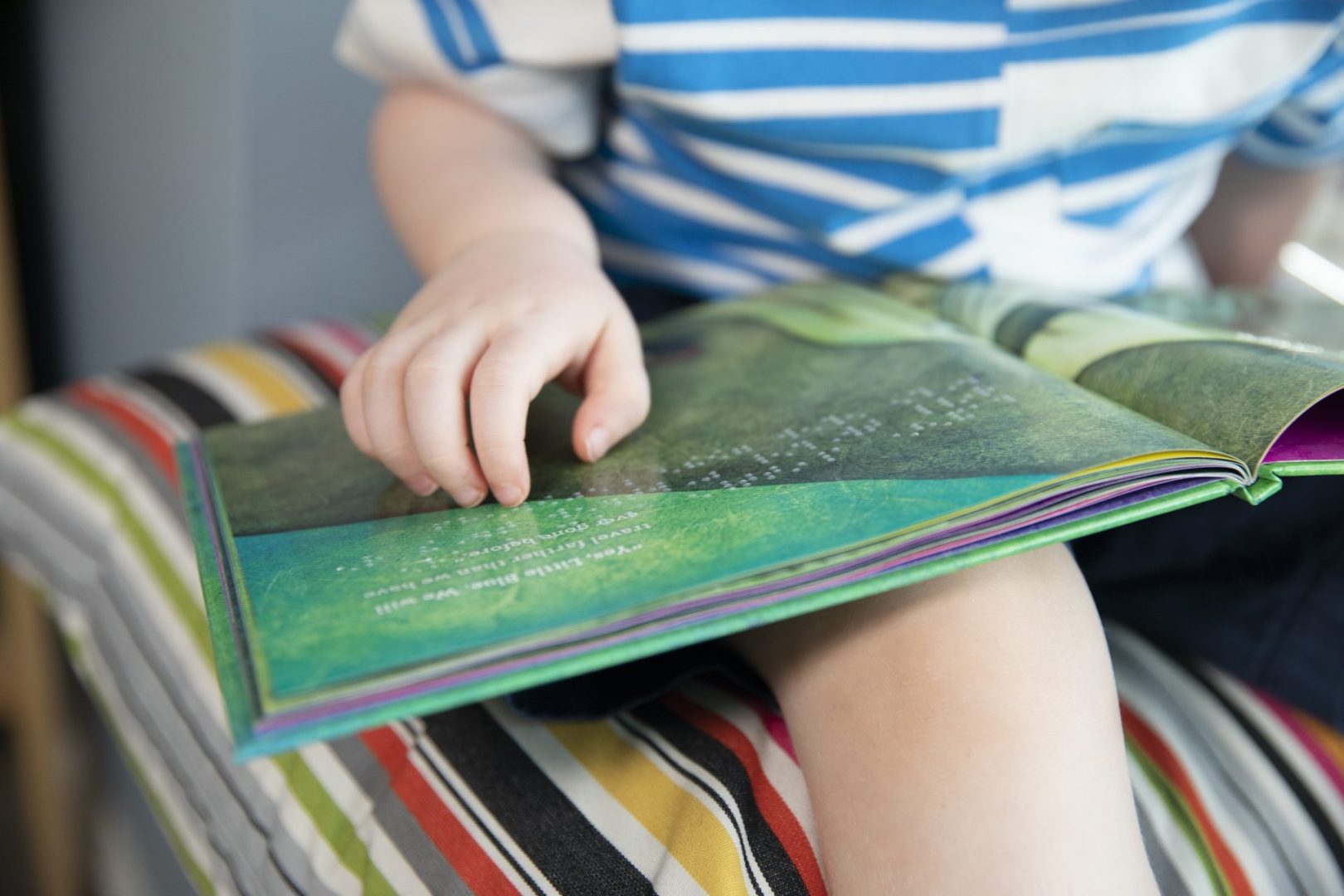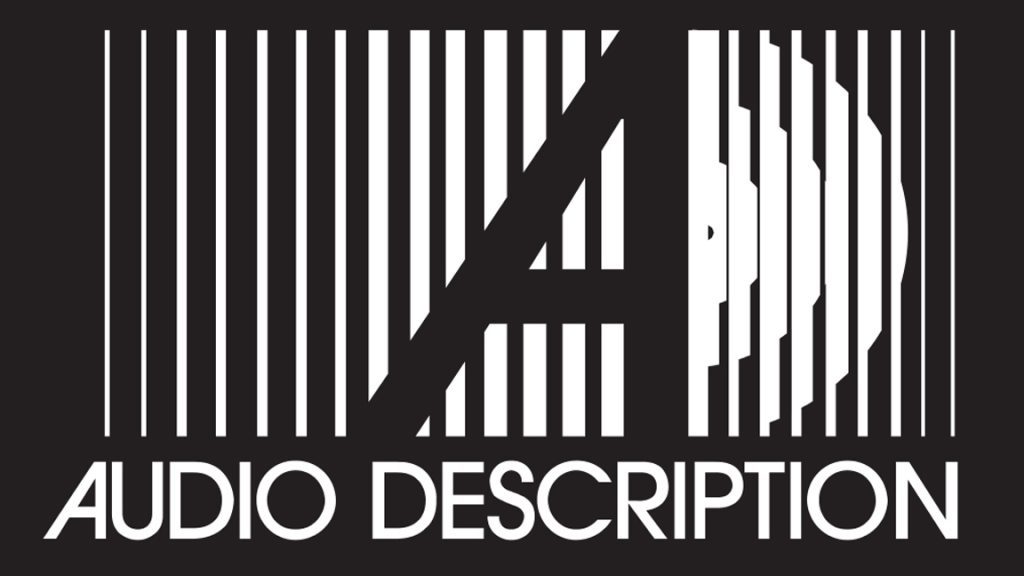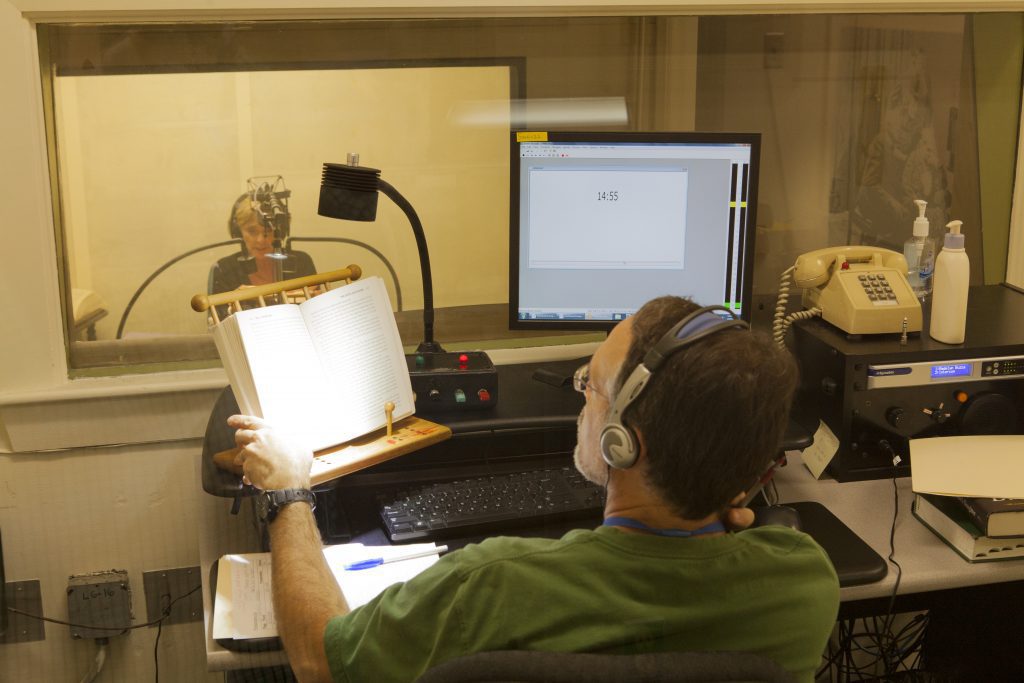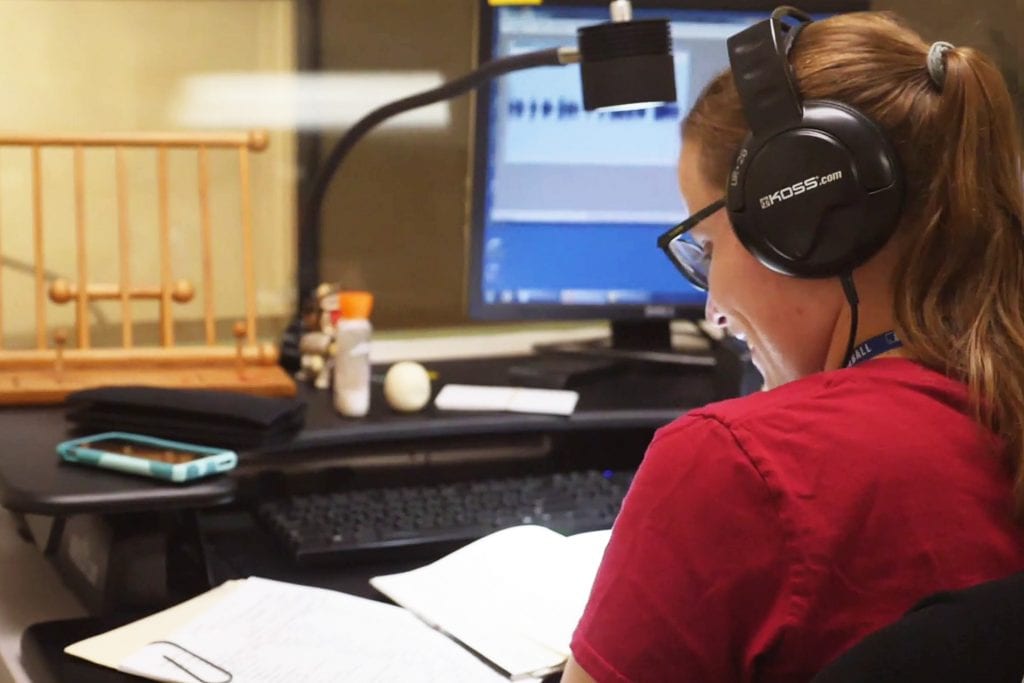APH’s Partnership with Dolly Parton’s Imagination Library Brings Literacy Resources to All Students

Every book is a gateway to learning and exploration. Whether you are listening to a novel or guiding your fingers across a braille page, you are a reader. Research has shown that readers are smarter and more empathetic. They have better comprehension and memory skills, and reading can help reduce stress and improve sleep. Assist your student or child who is blind or low vision in developing this important hobby by participating in these free literacy programs.
Braille Tales Program
Expose your child to braille at an early age with the Braille Tales program! Children up to the age of five and families with parents or guardians who are blind or have low vision that live in the U.S. and surrounding territories are eligible to participate in this free program. Made possible through a partnership between APH and the Dolly Parton Imagination Library (DPIL), each year braille labels are added to 6 DPIL books, which are delivered directly to the home of subscribers every other month. The 2024 books are: Good Morning, Farm Friends; The Rabbit Listened; Ice Cream Face; The Big Slide; Something Wild; and Who Says Quack? Enjoy an accessible reading experience that’s fun for the whole family! Apply for Braille Tales online.
APH/Dolly Parton’s Imagination Library Audio Books
Readers can surround themselves with the sounds of new stories when they listen to books from the Dolly Parton Imagination Library. DPIL Audio Books provided by APH can be played using free playback equipment loaned to eligible individuals through the National Library Service (NLS) Talking Book program.
Titles include Braille Tales books and other DPIL books. Jumpstart your child’s auditory adventure by registering for NLS and receiving an NLS digital playback device. Then, visit the Imagination Library Audio Books webpage to find instructions on how to download and playback the free DPIL audio book files. Afterwards, scroll to the heading ‘Book Downloads’ to discover links to new stories uploaded each month.
NLS
Older students and adults who are blind or low vision can access a whole world of reading resources when they sign up for the National Library Service for the Blind and Print Disabled (NLS), Library of Congress. NLS has a plethora of braille and talking books, magazines, music scores, and instructional materials for students and adults. Once registered, readers can request free digital talking book players or braille eReaders and find the whole collection in the Braille and Audio Reading Download (Bard) app for computers, tablets, and smartphones.
Did you know APH has been recording books for NLS since the 1930s? APH Studio Director, Maggie Davis, said, “We remain a significant contributor to NLS’s Talking Book Collection, through both in-house recording and production of commercial DTBs (Digital Talking Books). Currently, we produce upwards of 1,300 titles per year between our Narration recording and Commercial DTB contracts.”
Read our Behind the Scenes blog to find out more about the APH talking book studio.
Share this article.
Related articles

Adventures in Audio Description
Have you ever heard an audio described movie or TV program? Maybe it was on a streaming service or in...

APH Behind the Scenes: The Talking Book Studio
Have you ever wondered how talking books are produced for people who are blind and have low vision? We spoke...

Using Audio for Accessibility
How can your organization or business reach someone who is blind but may not be braille literate? Many Americans who...
